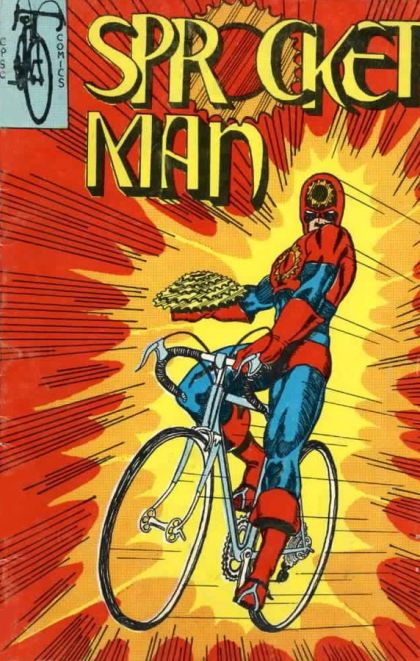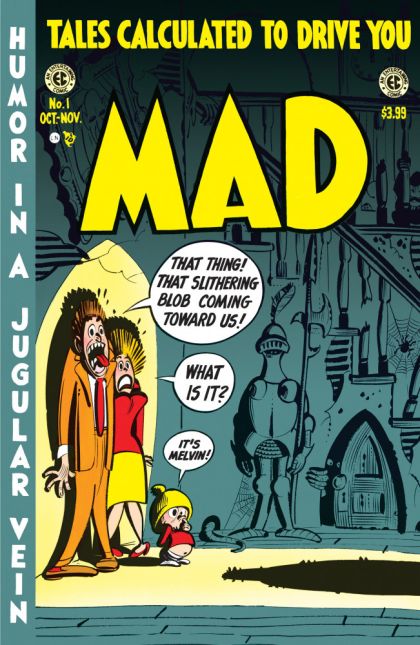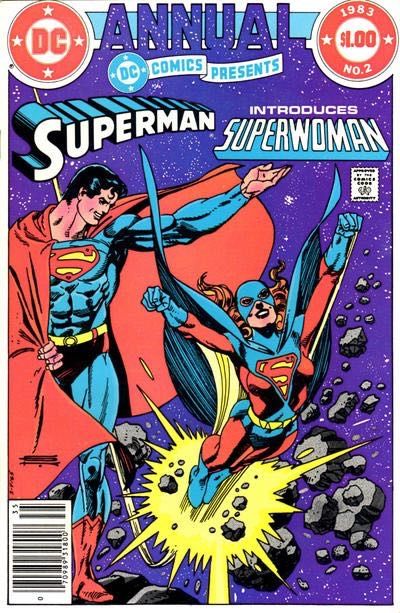Unbagging It’s Lonely At The Centre Of The Earth
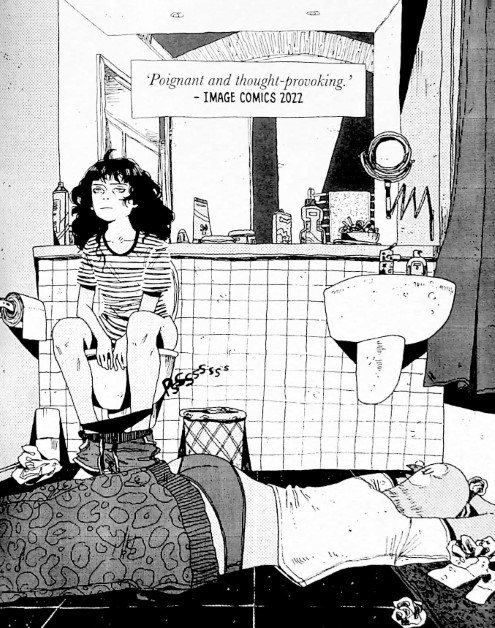
Content Note from the book:
Zoe
This book includes personal discussion and depiction of suicide and self harm. While I hope this book may serve as a comfort to some, its content may be triggering. Make sure you are in a comfortable place before reading, and remember that the sun always rises on a new day. Thank you.
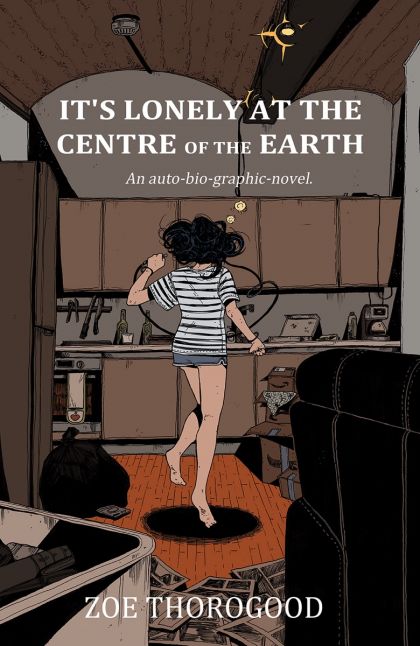
Loneliness makes it hard to see the bigger picture. It makes you self-obsessed; not out of narcissism but because your own self is all you have. Your flaws, quirks, regrets, and mistakes begin to engulf you.
Okay, I’ll admit it – I didn’t actually take this comic out of its bag, as I never put it in a bag to begin with, given that it’s a trade paperback-sized original graphic novel and not a single-issue floppy. Give me a break here; I’m just going with the conceit behind the site’s name.
I’ll also admit that I hadn’t intended to write about this comic for the site’s inaugural post, but after having recently read it – and after having taken so long to finally settle on a name and just launch the damn site – I decided it was a better candidate for a first post than what I originally had in mind.
As a final admission, while the name did ring a bell, I went into this completely unfamiliar with the work of Zoe Thorogood and did so based on the buzz I was seeing about the book on Comics Twitter, particularly from people whose opinions I value.
And I’m glad I did, as is evidenced by the fact that I’m making the comic the subject of my first post here.
I should mention that my decision to pick up this comic highlights an interesting – to me, anyway – aspect of my personality and my relationship to art and entertainment across different media.
When it comes to most media, whether it’s books of the non-comic variety, movies, or TV shows, I tend to be very genre-focused. It’s not that I’ll never watch or read anything that falls outside of my preferred genres, but I’m much, much less likely to to so.
You can tell me that I shouldn’t be this way and that I should be more open to new experiences and to challenging myself, and I’ll nod and completely ignore you, because I’m merely pointing out that I’m aware of my quirks and flaws, not telling you that I have any interest in doing anything about them.
I’ve accomplished the knowing; I have no interest in the other half of the battle.
But the reason I mention this is that with comics, however, I’m considerably more likely to step outside the boundaries of genre and seek out and read things like, well, this.
So…what is this? Well, like it says on the cover, it’s an autobiographical graphic novel, or rather, an auto-bio-graphic-novel, to align with what it actually says in the play on words on the cover.
After surviving an episode brought on by depression in which she nearly takes her own life, Zoe recognizes the fact that she is alive and decides to remain alive by documenting the act of living over the next six months.
The process of documenting her life, however, is just as messy, meandering, and full of false starts as living it.
The story, which consists largely of just-barely connected anecdotes and vignettes takes a non-linear path, touching on moments from her childhood and her recent past, as it moves gradually forward in time to the main event that looms ahead for her: a trip to America to meet someone with whom she’s been communicating online for some time in the hopes of either falling in love or not falling in love. She’s not entirely sure which.
I won’t delve much more into the plot than that, as this is a book in which the story isn’t nearly as important as the telling and the manner in which it’s told, both in pictures and in prose.
As Zoe notes, in a conversation with herself, while the story is about her life it is a story, and on the page, she can do anything and be anything she wants, and the same holds true for the world she lives in and the people around her.
That approach makes for an interesting mix of depictions of the world. Zoe herself often changes in appearance – and in style, often appearing as a mix of semi-realistic art and very simplistic cartoony art – and many of the people around her have animal and insect heads.
She frequently converses with the reader and with aspects of herself – each depicted in a different style – and even with her depression.
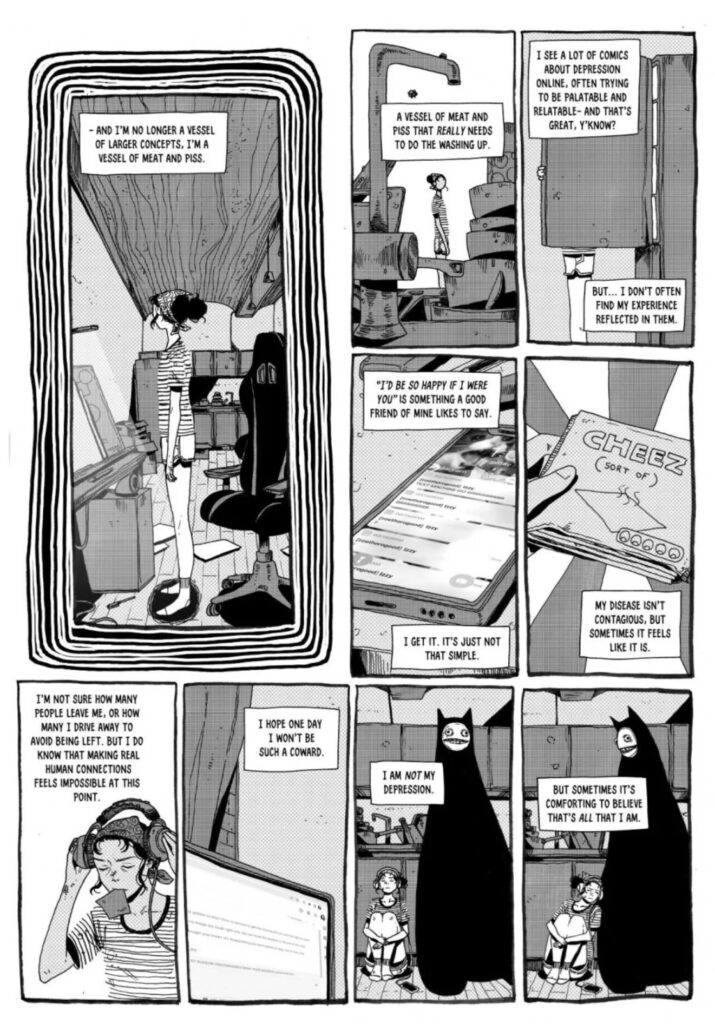
The ever-shifting style is an effective storytelling tool, one that helps to convey mood and that gives you the sense that you are actually walking around inside someone else’s head, experiencing the world the way she does.
However, while it’s true that it’s a story and she can be anything she wants on the page as she tells the story, it’s also true that it’s the story of her life, and her ability to be whatever she wants on the page is impacted by what she is in her life.
This is perfectly captured in a scene in which she’s watching a movie in America with the man she went there to meet and his kids. On the page, she can fit in, she thinks, and she can be part of this happiness.
But the page isn’t life.
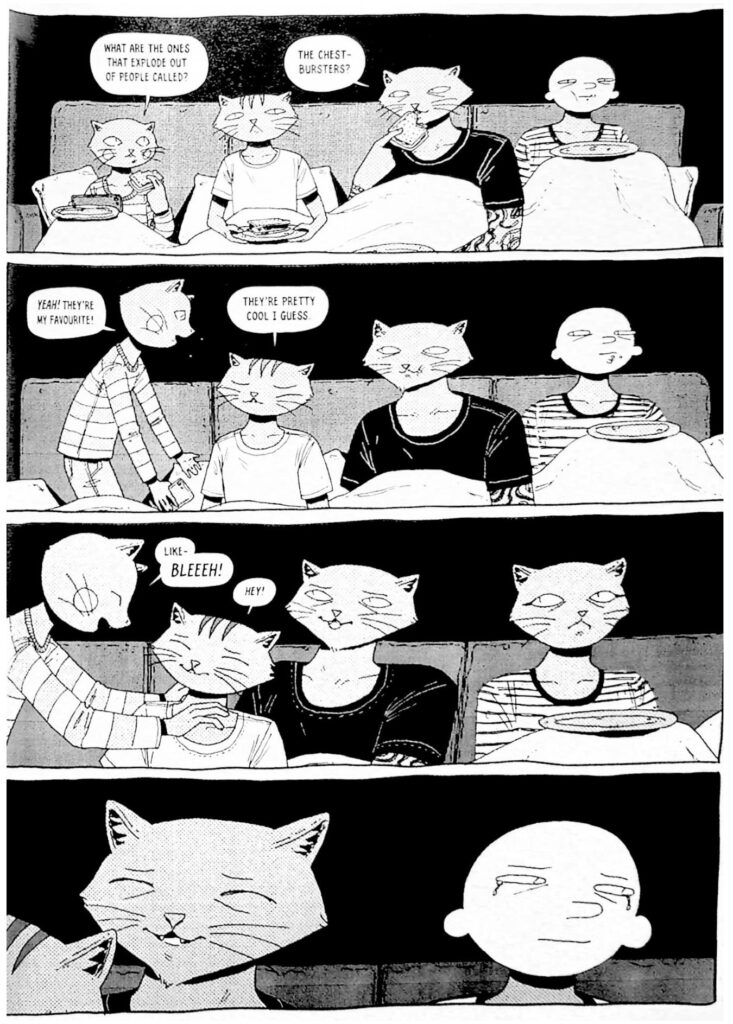
Ultimately, I don’t know what more to say about the book. It concludes without any real conclusion, given that, thankfully, her life continues in the real world even after the documenting of it on the page stops.
It’s not a fun book, given the subject matter, but it is entertaining, and the constant shifts in style, the occasional splashes of color, and the meta-narrative keep things lively and interesting.
And while, as a solitary-but-only-sometimes-lonely person who has struggled with depression, there is a lot that resonates with me, though I am reluctant to refer to the story as “relatable.”
There are two reasons for that, one of which will be apparent to anyone who reads the book, and the other being that the extent that a 50-year-old man who lives in the USA can relate to a 23-year-old woman who lives in the UK is rather limited.
And besides, unlike Zoe, I have not been named as “the future of comics” by a bird-headed Kieron (Gillen, I assume), and while, like Zoe, I can be whatever I want on the page – or at least on the screen – I think that would probably be pushing things too far, despite my hopes and aspirations on that front. Honestly, despite her self-deprecation and complaints about her own worthlessness and awkwardness, Zoe has managed – and continues to manage – to get a lot more shit done than I do, which is incredibly unrelatable to me.
In summation, despite the fact that in any other medium this type of story would not be one that would be likely to capture my genre-focused attention, I’m glad I picked up this odd, touching, amusing, horrifying, and self-consciously pretentious work, and if any of what I’ve told you about it sounds appealing, you would probably glad if you picked it up as well.
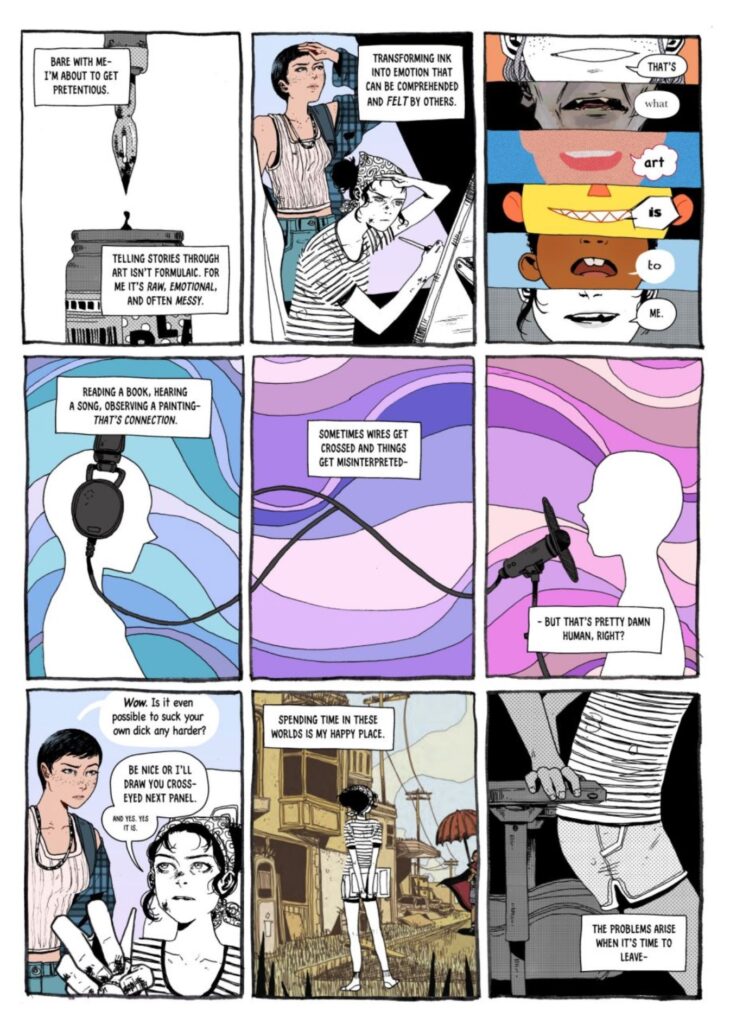
Okay, so, we’ve gotten through our first real official Unbagging post! I hope it wasn’t a complete waste of time, and that I’m not simply yelling into the void as I so often feel I am.
Obviously, I’m still working some things out in terms of look and feel and functionality, but I probably need more content before I can make any significant moves on that front.
In the meantime, stay tuned for new posts, which will not be limited to Sundays – as should be clear, given that I’m posting this on a Friday – and will ideally come along more frequently than the Spotlight Sunday* posts did, particularly if I choose less challenging books to talk about in the future.
The easiest way to keep up on what’s happening here is to follow OpenDoor Comics on social media, or follow me, personally, on Twitter (for as long as it lasts) or Mastodon.
And if you like what you see, please be sure to let others know, and maybe consider doing some of things over on the right to provide financial support for this site and OpenDoor Comics.
See you in the next Unbagging.
*Speaking of which, all of those posts remain available for your reading pleasure here.

Born and raised in the sparsely populated Upper Peninsula of Michigan, Jon Maki developed an enduring love for comics at an early age.
